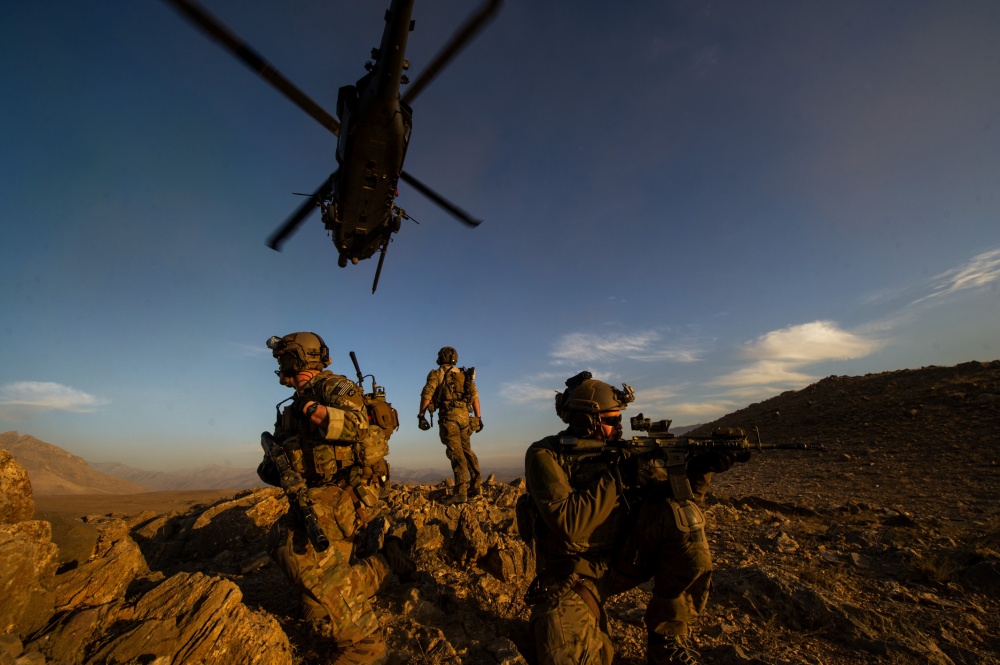


The U.S. military is expected to draw down to 2,500 troops in both Afghanistan and Iraq by Jan. 15, multiple media outlets are reporting.
The Pentagon notified military commanders over the weekend to prepare for troop reductions in both countries, CNN’s Barbara Starr reported on Monday. There are currently about 4,500 troops in Afghanistan and about 3,000 troops in Iraq.
Numerous U.S. government officials declined to provide a comment for this story.
This is the latest development in the long and torturous drawdown in Afghanistan, with defense and White House officials offering contradictory statements about how many troops will remain in the country.
Under a Feb. 29 agreement with the Taliban, all U.S. troops are expected to depart Afghanistan by May 1, but the withdrawal is supposed to be contingent on the Taliban meeting certain conditions, such as fighting Al Qaeda.
But President Donald Trump tweeted on Oct. 7 that all U.S. troops in Afghanistan should be home by Christmas.
National Security Adviser Robert O’Brien later suggested the president was expressing a goal rather than a hard timeline.
O’Brien had announced shortly before Trump’s Oct. 7 tweet that the U.S. military would have about 2,500 troops in Afghanistan by early next year.
Things became more convoluted when Army Gen. Mark Milley, chairman of the Joint Chiefs of Staff, subsequently told NPR reporter Tom Bowman that no decisions had been made about reducing troop levels in Afghanistan below 4,500.
“I think that Robert O’Brien or anyone else can speculate as they see fit. I’m not going to engage in speculation,”Milley said in an interview that aired on Oct. 12.
Four days later, O’Brien countered that he was not “speculating” about troop levels in Afghanistan.
“When I’m speaking, I’m speaking for the president and I think that’s what the Pentagon is moving out and doing,” O’Brien said during an online Aspen Institute event.
It appears that in the battle between O’Brien and the Pentagon, O’Brien has prevailed.
Former Defense Secretary Mark Esper had sent the White House a classified memo to the White House this month warning that conditions on the ground in Afghanistan were not yet right for further troop drawdowns, the Washington Post revealed.
But Trump announced on Nov. 9 that he had fired Esper. Shortly afterward, retired Army Col. Douglas Macgregor, who had advocated withdrawing from Afghanistan immediately, became a senior adviser at the Pentagon.
Now Acting Defense Secretary Chris Miller has indicated that while the battle against Al Qaeda is not finished, “It’s time to come home.”
“This is the critical phase in which we transition our efforts from a leadership to supporting role,” Miller, a retired Army Special Forces colonel, wrote in his Nov. 13 message to the force. “We are not a people of perpetual war – it is the antithesis of everything for which we stand and for which our ancestors fought. All wars must end.”
Related: The vicious attack on Kabul University shows that Afghanistan is still convulsing with violence